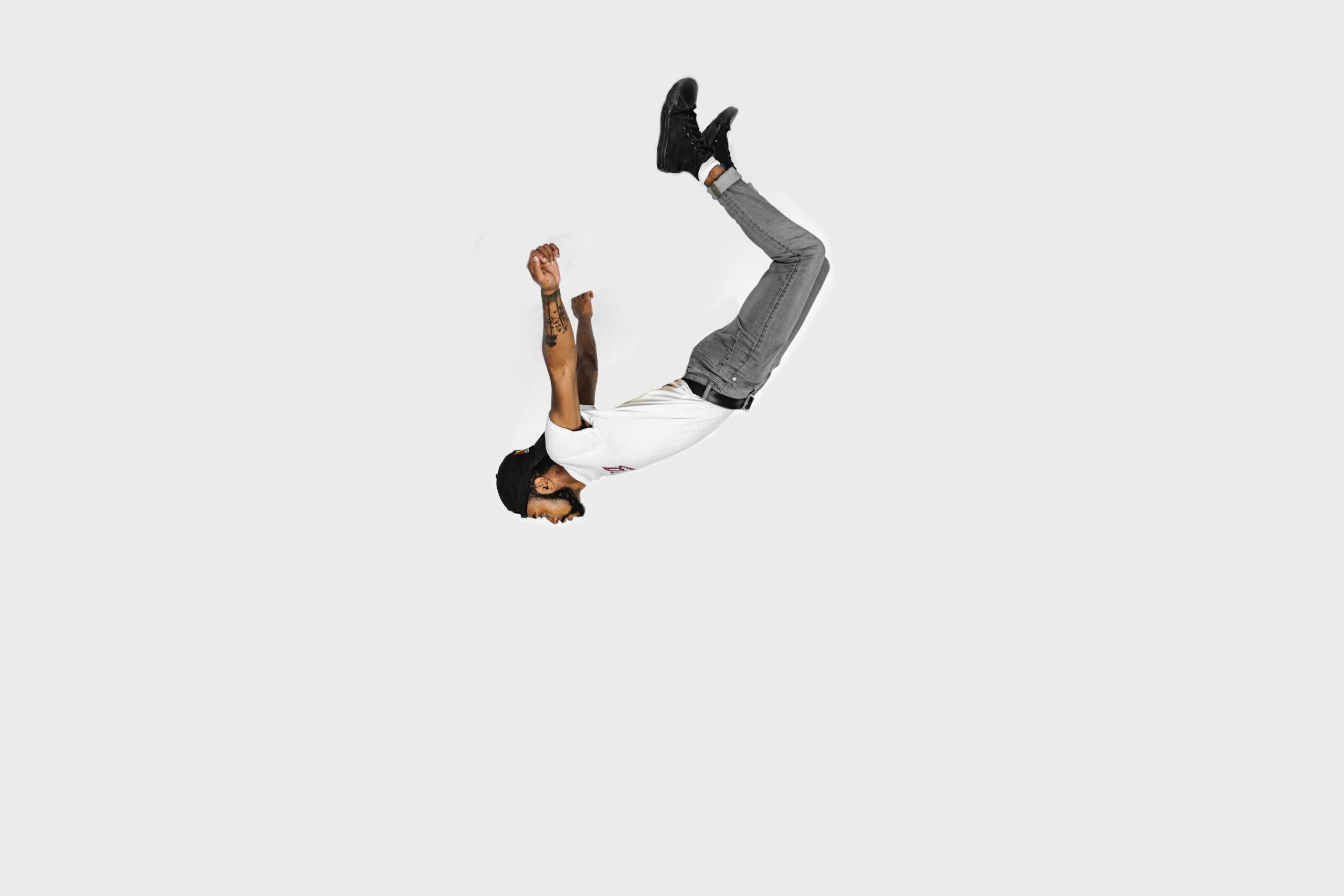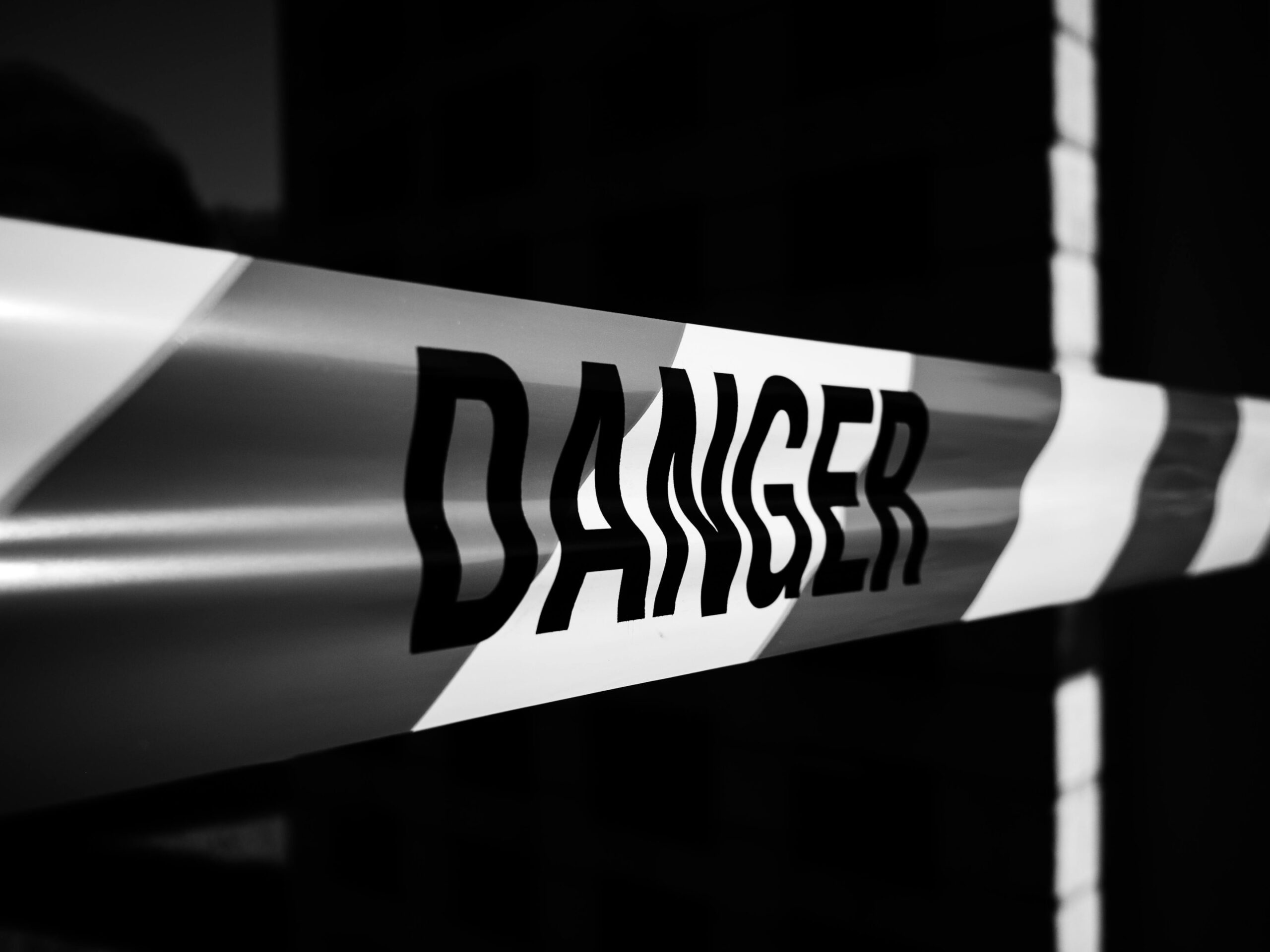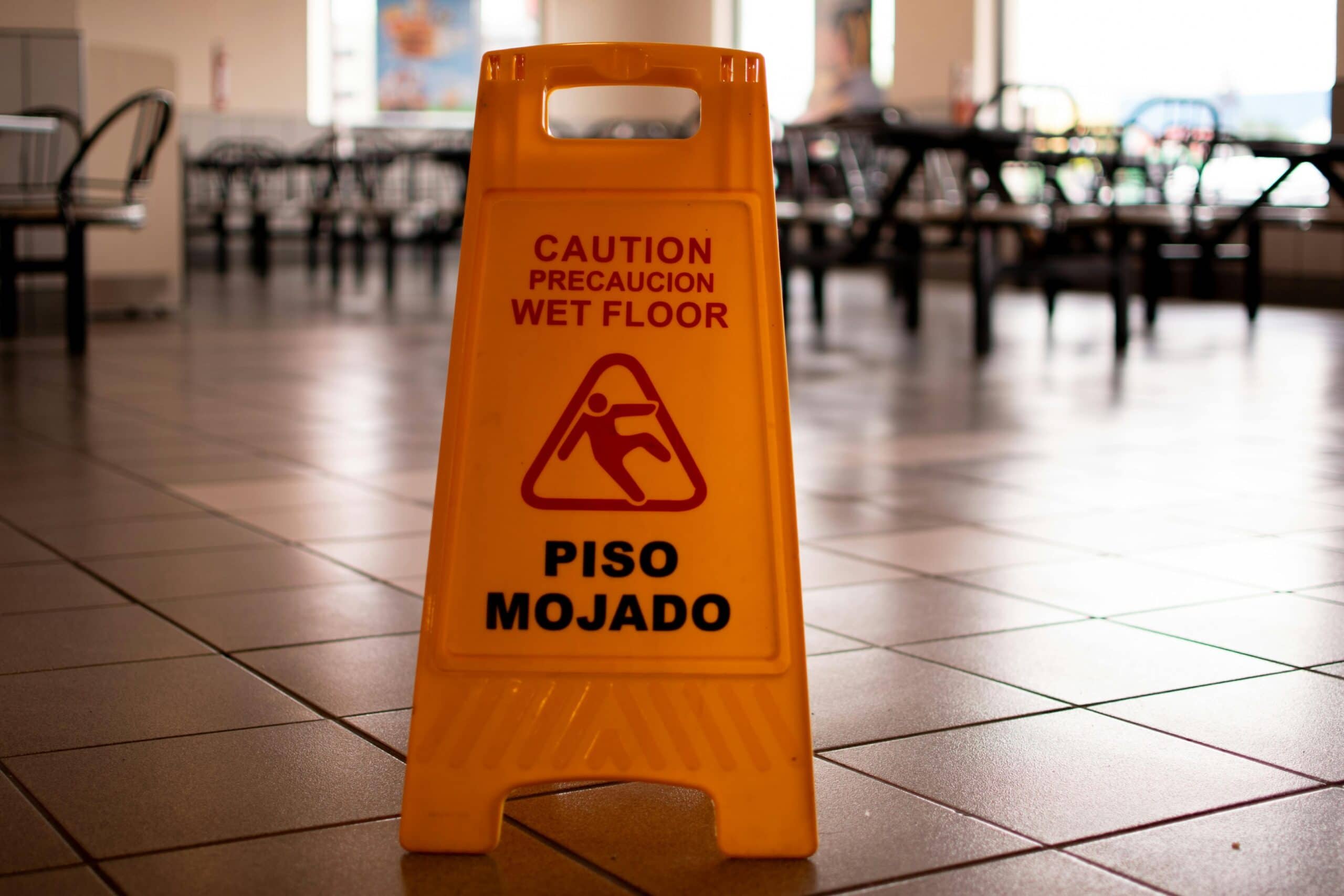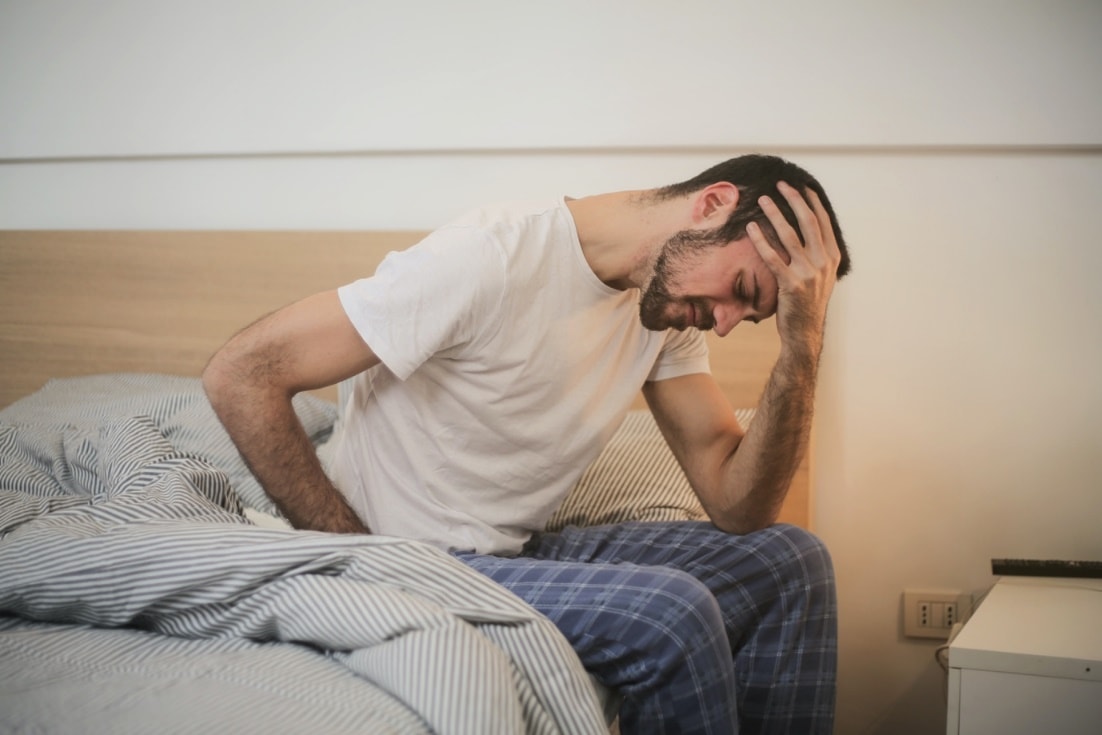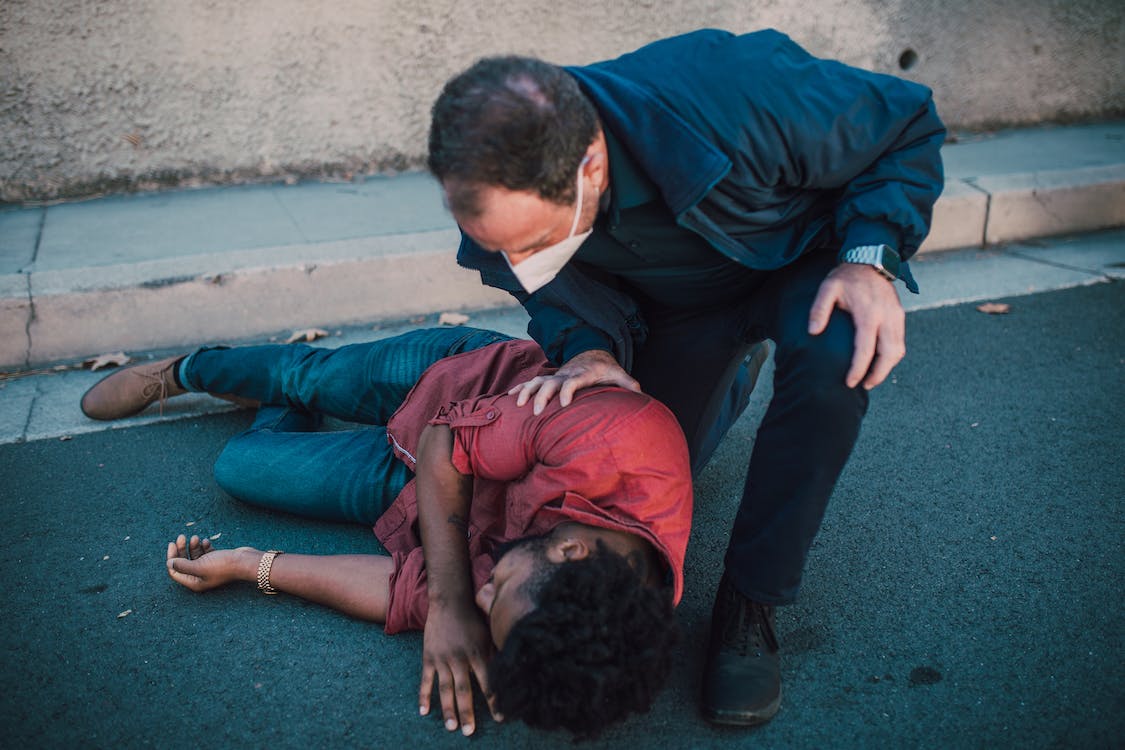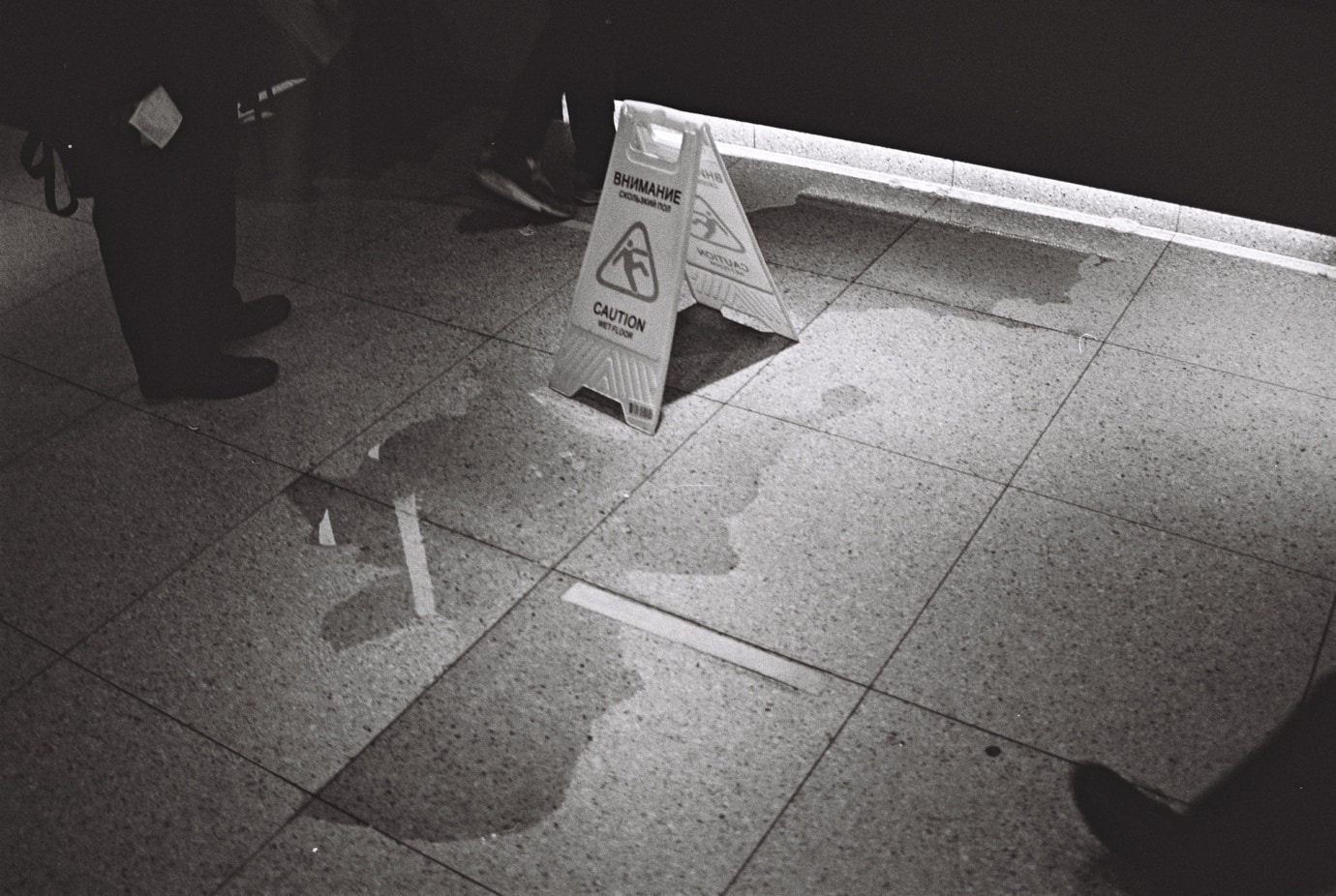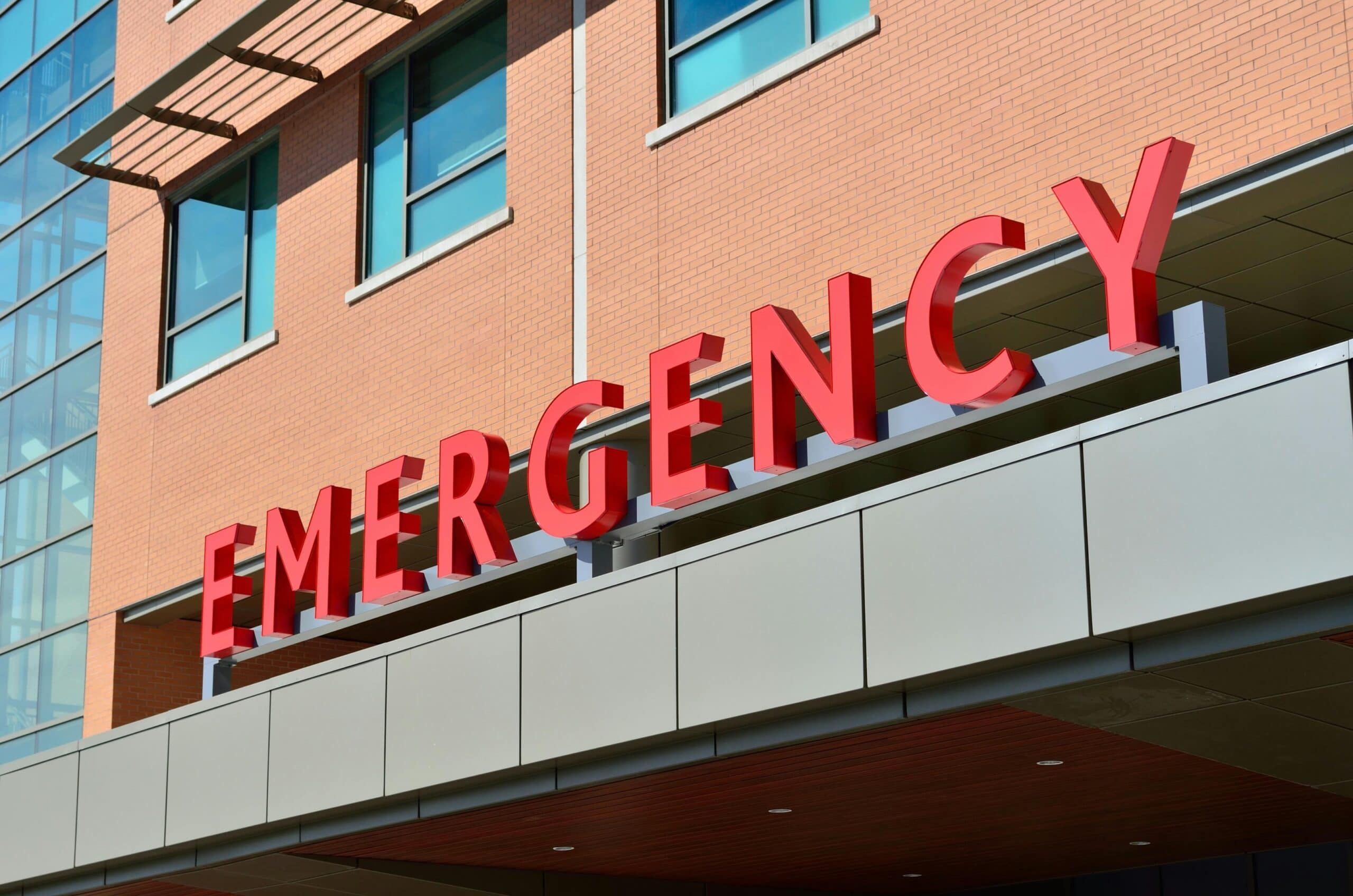
Walking along a snowy sidewalk or across a parking lot on a winter day in Denver might seem routine until your feet slide out from under you. That thin layer of ice, barely visible but incredibly dangerous, can change everything in an instant. A fall accident like this can lead to broken bones, lost income, and overwhelming medical bills. If you’re wondering, Can I sue for a slip-and-fall on ice in Denver? The answer often depends on whether the property owner acted responsibly under Colorado law.
This article breaks down everything you need to know about your legal rights, protections under the Colorado Premises Liability Act, and what steps to take if you’ve been injured.
Understanding Your Rights After a Slip and Fall Accident
In Denver, slip and fall accidents are more than just winter inconveniences; they can result in devastating injuries and long-term financial consequences. When these accidents happen on someone else’s property, you may have the right to file a personal injury claim under Colorado’s premises liability laws.
The Colorado Premises Liability Act (C.R.S. § 13-21-115) governs these claims. It holds property owners, property managers, and even a government entity responsible if they fail to exercise reasonable care in maintaining their property. This includes removing snow, treating icy walkways, or placing warning signs about a dangerous condition.
If a property owner’s failure to maintain safe conditions caused your injury, Colorado law allows you to file a premises liability claim, a legal action that seeks to hold the property owner liable for your medical expenses, lost wages, and other expenses.
What Counts as a Valid Slip-and-Fall Case in Denver?
Your accident must meet specific legal criteria to have a valid slip-and-fall case. Not every fall results in a lawsuit, but if your injuries were caused by ice buildup that the responsible party did not address in a timely manner, your case may qualify.
You must prove that:
- Hazardous conditions existed (like untreated ice).
- The property owner failed to act with reasonable care.
- That failure caused your fall injury.
- You suffered financial or physical damages as a result.
For example, if you fell on a public sidewalk that hadn’t been cleared in days, and there were no warning signs posted, this might indicate negligence. Similarly, apartment complexes and parking lots have higher obligations to clear snow promptly due to heavy foot traffic.
Proving Liability: What Evidence Do You Need?
To win a personal injury lawsuit, you must show that the property owner’s failure directly caused your injuries. This requires solid documentation and strategy.
Key evidence includes:
- Medical records: Show your injuries and related medical treatment.
- Witness statements: Help establish the conditions at the time.
- Photos or videos: Prove ice buildup, lack of snow removal, or absence of warning signs.
- Incident reports: Especially helpful if you fall on commercial property.
Keep in mind, Colorado follows the modified comparative negligence rule (C.R.S. § 13-21-111). This means your compensation could be reduced if you were partly at fault.
For instance, if you ignored clearly posted warnings or wore unsafe footwear, the court may assign you a percentage of blame. As long as you’re less than 50% at fault, you can still recover financial compensation.
Financial Compensation You Can Recover
After a fall accident, your financial strain can grow rapidly. Medical treatments, surgeries, physical therapy, and lost income can pile up.
Depending on the facts of your case, you may be entitled to fair compensation for:
- Medical expenses (including ongoing care)
- Lost wages or future earning capacity
- Other expenses (like transportation or home modifications)
- Pain and suffering
- In wrongful death cases, burial expenses and support for eligible surviving family members
These damages aim to restore what you lost and help you move forward after your slip-and-fall accident. The exact amount depends on how severe your injuries are and how the fall has impacted your daily life.
The Importance of Timely Action in a Fall Claim
In Colorado, the statute of limitations for filing a personal injury claim is two years from the date of the accident (Colorado Revised Statutes § 13-80-102(1)(a)). If you wait too long, you could lose your right to seek compensation entirely. That’s why it’s crucial to act in a timely manner.
Steps to take after a fall injury:
- Seek immediate medical treatment and document everything.
- Report the accident to the property manager or property owner.
- Preserve evidence like photos, clothing, and contact information of witnesses.
- Keep track of all expenses, including medical bills and lost wages.
Time also affects the availability of evidence, icy walkways melt, and conditions change. Acting promptly helps your fall attorney build a stronger case on your behalf.
Can You Sue a Government Entity for a Fall on Public Property?
Yes, but special rules apply. Suing a government entity for a fall accident on a public sidewalk or government-maintained parking lot involves strict deadlines and notice requirements.
Under the Colorado Governmental Immunity Act, you must:
- File a notice of claim within 182 days of the injury (Colorado Revised Statutes § 24-10-109(1)).
- Prove that the entity knew (or should have known) about the hazardous condition.
- Show that they had a reasonable time to fix it, but failed.
Because these cases are more complex, it’s essential to understand your legal options early on.
Common Defenses and How They Impact Your Case
The property owner may try to argue that:
- The fall was your fault (e.g., running, texting while walking).
- They didn’t know about the ice buildup.
- They cleared the area within a reasonable time.
This is where strong evidence makes all the difference. You must demonstrate that the property owner’s failure to act reasonably caused your injuries. An experienced slip and fall lawyer can help counter these defenses effectively using witness accounts, expert opinions, and medical records.
When to Contact a Fall Accident Lawyer
If your fall claim involves serious injuries like broken bones, long-term disability, or significant medical bills, working with a seasoned personal injury lawyer is crucial. While you focus on healing, a fall attorney can handle the legal legwork proving liability, negotiating with insurers, and fighting for your right to recover compensation.
Look for an experienced slip and fall attorney who has successfully helped injured clients handle slip and fall accidents and understands the complexities of personal injury law in Colorado. The right fall lawyer will advocate on your behalf to protect your rights and fight for the compensation you deserve.
Know Your Rights. Act with Confidence.
Slipping on ice might seem unavoidable, but often, it results from someone else’s negligence. Whether it happened on a public sidewalk, in a store’s parking lot, or near an apartment complex, you have the right to hold the responsible party accountable. Colorado law may support your right to seek compensation, but success depends on your specific case and timely action.
At Bourassa Law Group, we care about helping you recover, both physically and financially. If you or a loved one experienced a fall injury due to a property owner’s failure to maintain safe conditions, you don’t have to carry the burden alone.
Contact us for a free consultation today and let our fall lawyers walk you through your legal options.
Your path to the fair compensation you are entitled to begins now. Let us help you take the first step.
